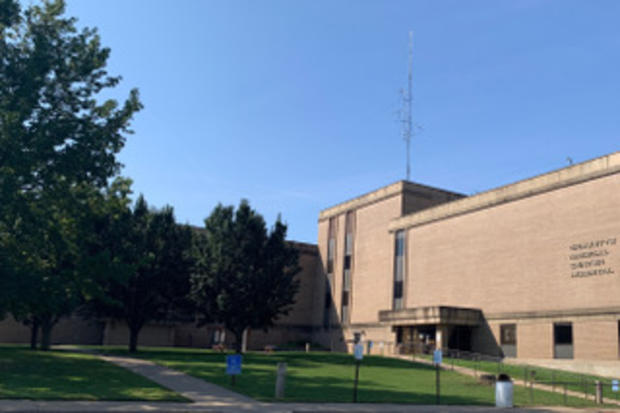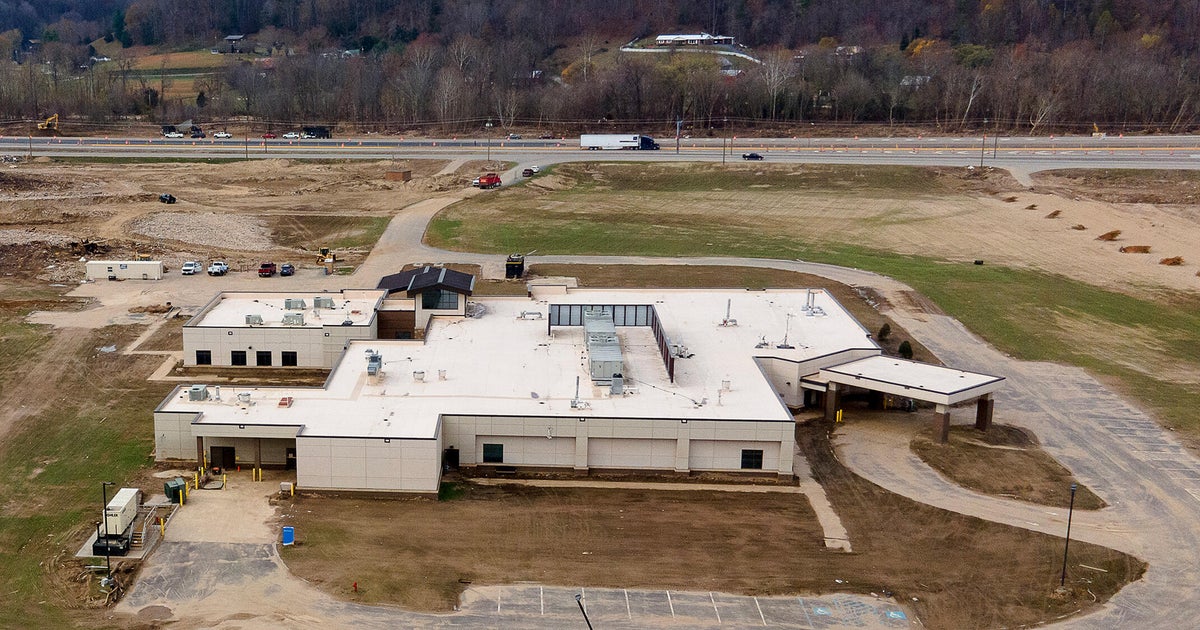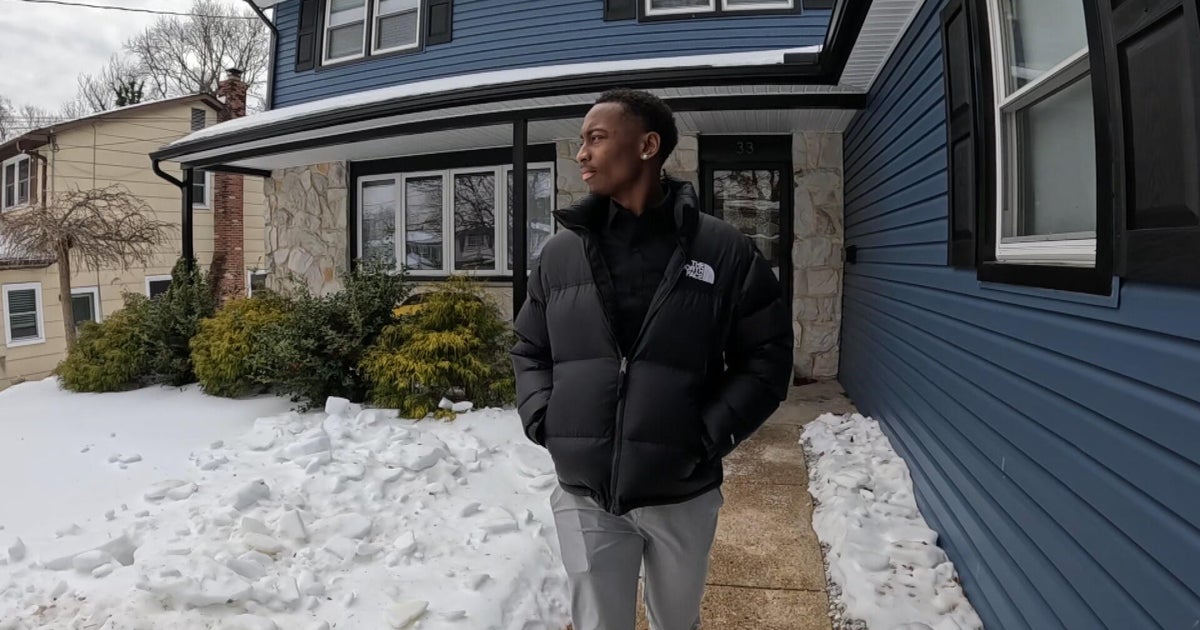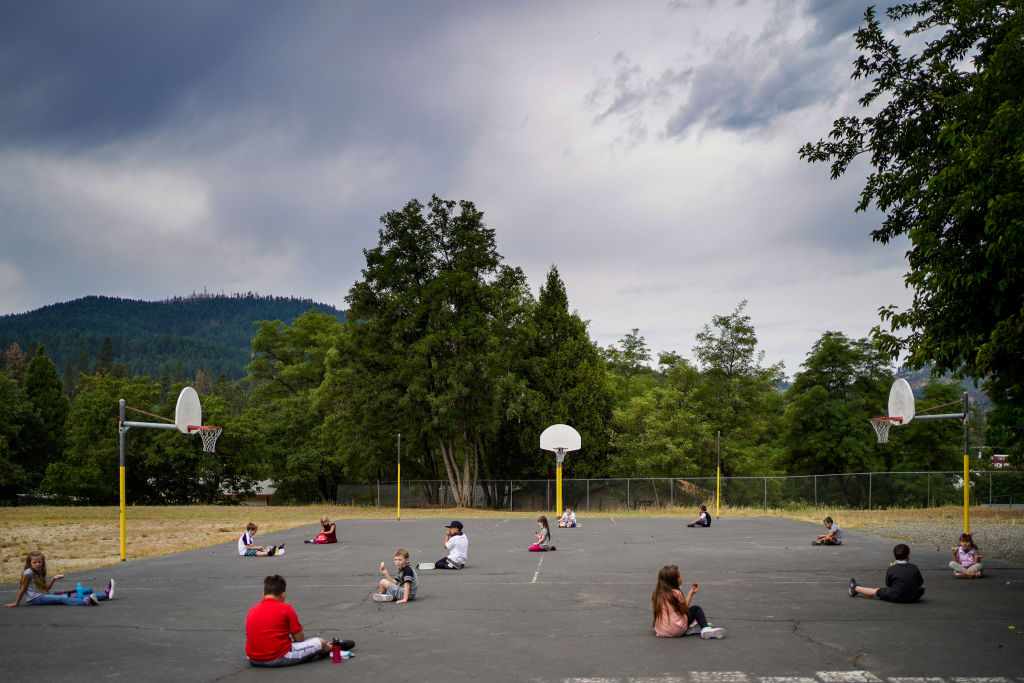COVID-19 is pushing struggling rural hospitals to the brink
Hospitals in rural communities across the U.S. have long faced financial woes, with dozens of cash-strapped facilities closing over the past decade. But COVID-19 is threatening to close many more small hospitals in less populated regions, threatening the quality of care for millions of Americans.
A recent report by the U.S. Government Accountability Office concluded that more than a quarter of rural hospitals faced significant financial distress even before the pandemic, forcing them to potentially pull back on offering health care services or even to close down. Executives at rural hospitals that have managed to stayed afloat since the coronavirus struck credit their survival to federal support and other financial aid that has enabled them to continue operating.
"Rural hospitals started from a place of less liquidity, so for them the experience has been more pronounced," said Mark Holmes, director of the University of North Carolina's Cecil G. Sheps Center for Health Services Research.
Since 2010, 135 rural hospitals have closed in states including Georgia, North Carolina, Texas and West Virginia, according to the Sheps Center. Nineteen facilities closed in early 2020, suggesting more would meet the same fate as the pandemic widened, but government support has helped buoy facilities operating in the red.
"Leaking lifeboat"
"Now we are in a leaking lifeboat situation. As that emergency funding dries up and things go back to normal, the hospitals took a big hit," Holmes said.
Harold Miller, president and CEO of the Center for Healthcare Quality and Payment Reform, is also concerned that the infusion of government funding could obscure the dire financial picture many hospitals face.
"Many hospitals may look better financially this year because they got federal assistance — they may not close. But we have to be careful about thinking that if a hospital made it through the pandemic and didn't close, they must be healthy," he said.
While some facilities were pushed under by the pandemic, others simply "got that day of reckoning pushed back," Miller added.
Ozarks Community Hospital in Gravette, Arkansas, was already "cannibalizing assets and resources in order to survive" long before the public health crisis, CEO Paul Taylor told CBS MoneyWatch. But the situation worsened after the pandemic when the facility had to rein in services, slashing its revenue. In April, the hospital suspended elective surgeries and other income-generating procedures over coronavirus-related safety concerns.
"We had to close down a number of services, including surgery, which was our chief revenue center," Taylor said.
"Even though we are in the health care business in the middle of a pandemic, it meant patients were not undergoing any kind of procedures or receiving health care that they could avoid," he added.
Ozark's revenue dropped by 50% while its costs, most of them related to containing COVID-19, rose sharply. The hospital was forced to dip into its cash reserves to buy personal protective equipment and manufacture testing kits for its staff and patients. It also faced surging costs after doubling its bed capacity, forcing the facility to staff up.
"Revenue is down, expenses are up and we have no resources. We have no excess capacity to handle what's been thrown at us," Taylor said.
Ozark got some help thanks to roughly $10 million in government funding from different sources, including a Paycheck Protection loan for small businesses; Coronavirus Aid, Relief and Economic Security (CARES) Act funds earmarked for hospitals; and advance payments from Medicare to help offset revenue losses.
Taylor suspects "hundreds" of rural hospitals would have closed had it not been for federal aid. "These three sources of funds made available generally were lifelines for rural health care providers," he said.
Yet Ozarks Community is by no means in the clear. Come April, it will have to repay Medicare a quarter of the advance payment the hospital received.
Right now, Taylor doesn't have the funds. As the pandemic rages on, the hospital's costs remain high while many patients put off treatment.
"Our revenues continue to be suppressed, our expenses continue to run higher and it's been a long, cold winter. It's also been a long time since we had any of those CARES Act funds. We already used it all up," Taylor said.
Closing isn't an option
Taylor is counting on getting a government loan that would allow him to repay the Medicare payment that's coming due. If he can't, it could be game over. "If we have to pay those funds back and we can't close this loan, we won't be able to do it. We will be out of business," he said.
Titus Regional Medical Center, located in the northeast corner of Texas, finds itself in a similar predicament. It received about $8 million in funding through the CARES Act, but still can't break even. At its peak, more than half of its 50 patients were ill with COVID-19, and treatment was costly.
The facility's greatest cost was staffing, followed by the administration of expensive treatments for COVID-19 — including Remdesivir, which costs thousands of dollars per dose — and convalescent plasma therapy.
It's going to be tough for the hospital to get out of the red because it's halted elective procedures for roughly a year now. "The volumes aren't going to come back to where they were, and we still have quite a few expenses," CEO Terry Scoggin told CBS MoneyWatch.
Still, closing isn't an option, according to Scoggin. Four nearby hospitals have closed over the past six years, leaving Titus Regional to serve a number of local communities.
"We do 1,000 births a year. We have a lot of babies. Since we're right in the middle of everybody, we serve a critical role," Scoggin said. "We're in it for the long haul because we have to be."
Rural hospitals also can be economic engines for communities — when one closes, other health care providers tend to pack up and leave, too. The GAO found a 16% decrease in the number of physicians who remained in a given area after a rural hospital closed. When a rural hospital closes, local residents also often must travel at least 20 miles farther to access the next closest facility.




